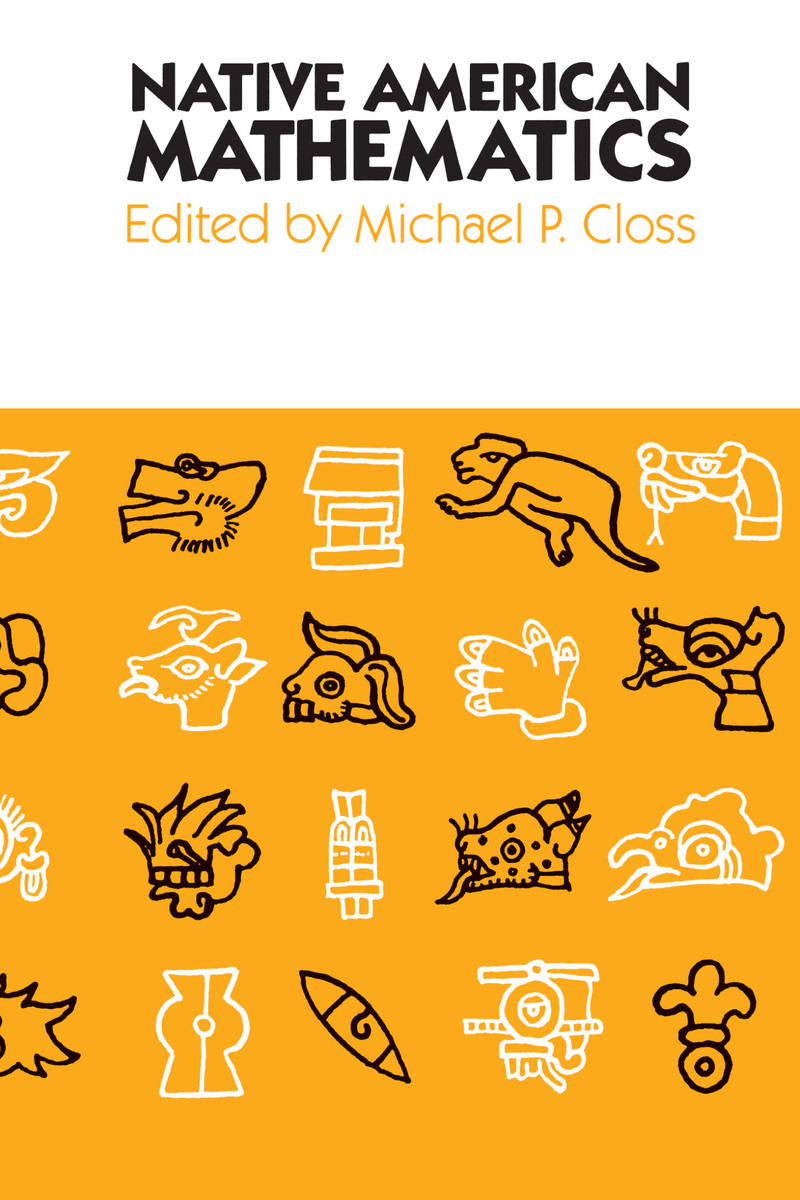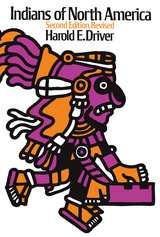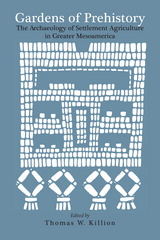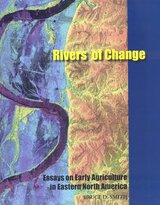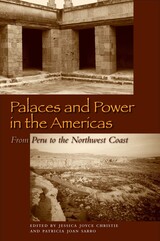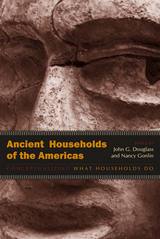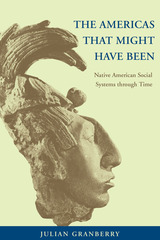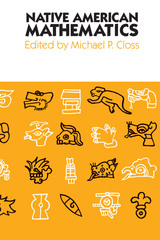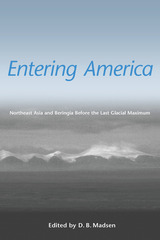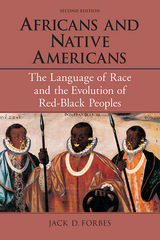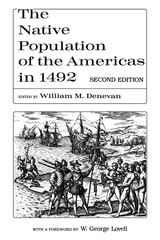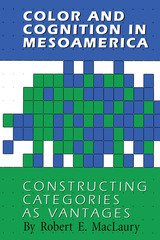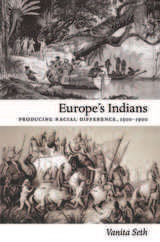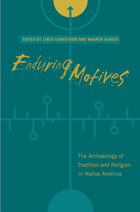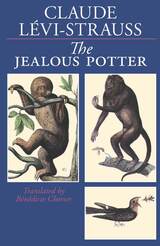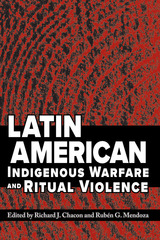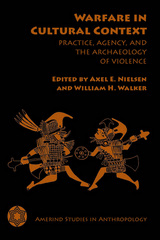eISBN: 978-0-292-76114-8 | Cloth: 978-0-292-75531-4 | Paper: 978-0-292-71185-3
Library of Congress Classification E59.M34N37 1986
Dewey Decimal Classification 510.8997
There is no question that native cultures in the New World exhibit many forms of mathematical development. This Native American mathematics can best be described by considering the nature of the concepts found in a variety of individual New World cultures. Unlike modern mathematics in which numbers and concepts are expressed in a universal mathematical notation, the numbers and concepts found in native cultures occur and are expressed in many distinctive ways. Native American Mathematics, edited by Michael P. Closs, is the first book to focus on mathematical development indigenous to the New World.
Spanning time from the prehistoric to the present, the thirteen essays in this volume attest to the variety of mathematical development present in the Americas. The data are drawn from cultures as diverse as the Ojibway, the Inuit (Eskimo), and the Nootka in the north; the Chumash of Southern California; the Aztec and the Maya in Mesoamerica; and the Inca and Jibaro of South America. Among the strengths of this collection are this diversity and the multidisciplinary approaches employed to extract different kinds of information. The distinguished contributors include mathematicians, linguists, psychologists, anthropologists, and archaeologists.
See other books on: History & Philosophy | Indians | Mathematics
See other titles from University of Texas Press
